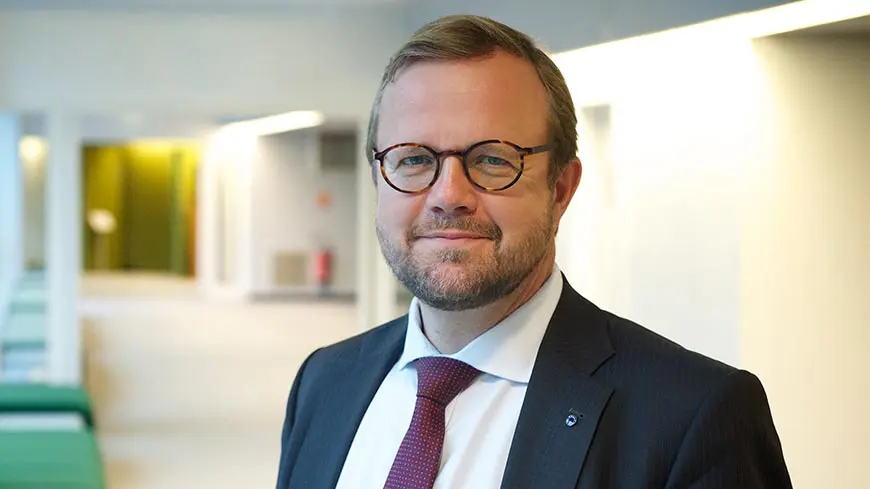Berlin. Last 14 May 2024, in a pivotal conference held in Berlin, Bjørn Berge, Deputy Secretary General of the Council of Europe, delivered a compelling speech on the crucial role that religious leaders can play in revitalizing European democracies. The conference, titled “How Religious Leaders Can Help to Re-invigorate the European Democracies,” brought together some of key figures from various sectors to address the pressing issue of democratic backsliding across the continent, but forgot quite a number of religions which were not represented.
Berge started his speech by recognizing the concerning pattern of declining democracy, in Europe mentioning the restrictions on freedoms increase in language and the divisive impact of populists and nationalists. He pointed out the case of Russia, where democratic deterioration has resulted in the conflict, with Ukraine emphasizing the serious outcomes of such regression.
“Increased levels of democratic backsliding have been observed across our continent, with freedoms of expression, association, and assembly being increasingly restricted,” Berge mentioned the importance of coming to aid Ukraine and protect the democracies, in Europe.
Berge stated that the Council of Europe is actively involved in implementing strategies to address these developments, such, as initiatives and the introduction of the 10 new Principles of Democracy, during the Reykjavík Summit. He emphasized the role played by leaders in this endeavor. “The challenge today is how we can ask our religious leaders to help combat democratic backsliding and promote a spirit of dialogue and compromise,” Berge noted.
Religious communities as highlighted by Berge play a role in society by providing assistance to their members during times and managing community services such as food distribution, shelters and programs for recovery. These collaborative efforts, with organizations showcase the ability of leaders to promote unity within communities and uphold democratic principles.
“The question is not whether inter-religious dialogue can help reinvigorate democracies, but in what way and with a focus on which issues,” Berge remarked. He urged for an involvement that goes beyond figures to include regular people, in conversations, between different faiths promoting mutual understanding and collaboration across various spheres.
Berge ended his speech by encouraging figures and communities to play a leading role in strengthening cohesive and diverse democracies. He also expressed appreciation, to the Italian authorities well as the Liechtenstein Presidency of the Council of Europe’s Committee of Ministers for their assistance, in facilitating this important conversation.
“People of all faiths – and none – benefit from the right to freedom of thought, conscience, and religion in European democracies. This freedom should be the basis for people of faith to come together and use their extraordinary skills and talents to defend our democracy itself,” Berge affirmed.
The conference serves as proof of the role that religious leaders play in tackling a challenge currently affecting Europe. As the conversations progress it will be interesting to observe how these leaders step up and help revitalize values and institutions throughout the continent.







